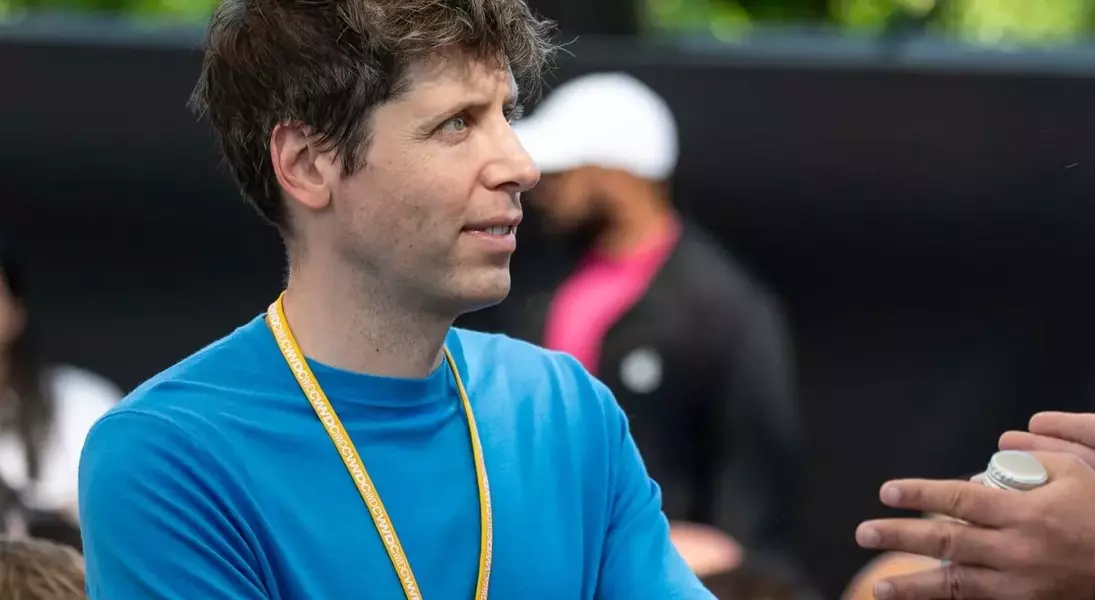
A remarkable collaboration between artificial intelligence and biotechnology is underway, aiming to revolutionize the field of longevity science. According to a report from MIT Technology Review, OpenAI has partnered with Retro Biosciences, a startup focused on extending human lifespan by a decade. The two organizations have jointly developed an AI model named GPT-4b micro, which focuses on re-engineering specific proteins known as Yamanaka factors. These proteins play a crucial role in transforming human skin cells into stem cells that exhibit youthful characteristics. This innovative approach holds promise for generating replacement cells and even building human organs, potentially opening new frontiers in medical science.
The partnership between OpenAI and Retro Biosciences has been evolving over the past year, driven by shared goals in advancing biological research. Retro Biosciences, supported by prominent figures such as Sam Altman, has been at the forefront of exploring ways to extend human life. The GPT-4b micro model represents a significant leap forward in this endeavor. Unlike other models like Google’s AlphaFold, which predicts protein structures, GPT-4b micro takes a different approach by focusing on re-engineering proteins. Specifically, it aims to manipulate the Yamanaka factors, which are key to rejuvenating cells. By doing so, the model could pave the way for breakthroughs in regenerative medicine, offering hope for treatments that were previously unimaginable.
This collaboration marks OpenAI's first venture into custom-built AI models designed specifically for biological research. The development of GPT-4b micro highlights the growing intersection between AI and biotechnology, where machine learning can accelerate scientific discovery. The potential applications of this technology are vast, ranging from creating younger cells to developing entirely new organs. Both OpenAI and Retro Biosciences have indicated plans to publish their findings, allowing the broader scientific community to benefit from this groundbreaking work. The release of this research could spur further innovation and collaboration across multiple disciplines, ultimately leading to advancements that may redefine the limits of human health and longevity.
The implications of this joint effort between OpenAI and Retro Biosciences are profound. By leveraging AI to manipulate cellular processes, researchers are inching closer to unlocking the secrets of aging and regeneration. The successful development of GPT-4b micro not only advances the field of longevity science but also demonstrates the power of interdisciplinary collaboration. As more details about the model and its outputs become available, the scientific community will undoubtedly take notice. This collaboration could serve as a catalyst for future research, inspiring new approaches to tackling some of the most pressing challenges in healthcare and extending the boundaries of human potential.
